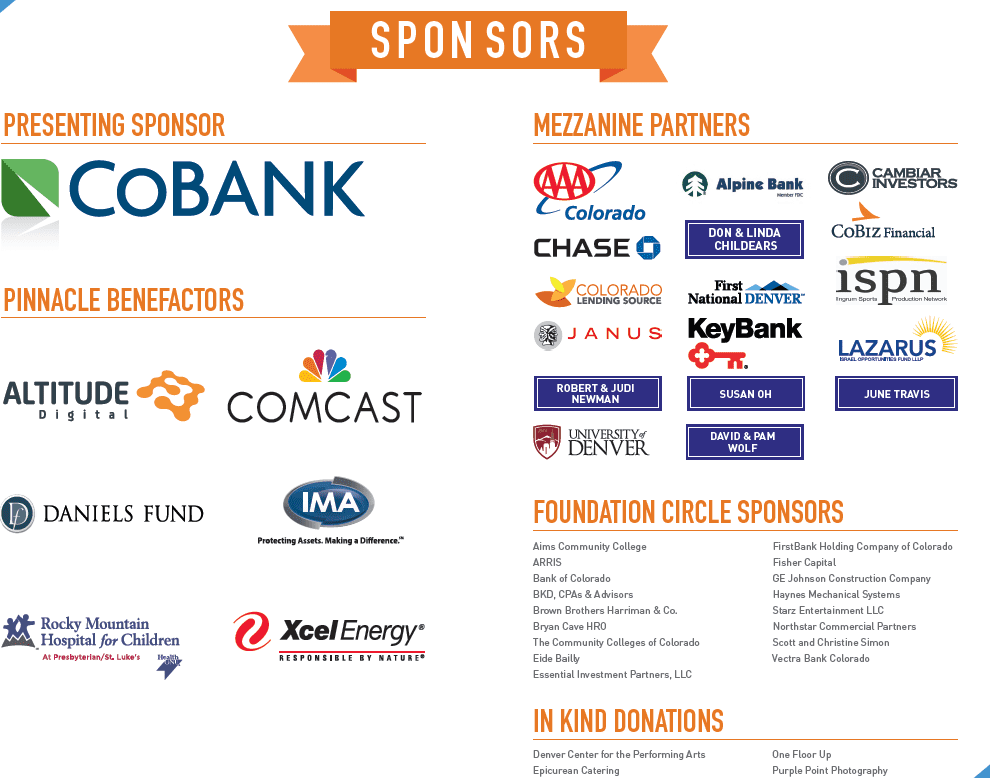Share This Article
 How early is it to begin discussing investing with children? As soon as a child demonstrates curiosity about investing, they may be ready to learn some basics. Many kids are hungry to learn about investing and are eager to watch their dollars grow. You can plant a seed as soon as they inquire.
How early is it to begin discussing investing with children? As soon as a child demonstrates curiosity about investing, they may be ready to learn some basics. Many kids are hungry to learn about investing and are eager to watch their dollars grow. You can plant a seed as soon as they inquire.
Investment Company
The Investment Company is one of AmeriTowne’s seventeen acclaimed shops. Therefore, investing is one of the main concepts presented in the students’ curriculum prior to visiting Young AmeriTowne. At school, a risk-assessment quiz is performed by each student. They are asked questions they can easily relate to in the quiz, like their tolerance of roller coasters, for example. Upon completing the quiz, students find out their tolerance and comfort level for financial risk. Based on their results, they select a pretend CD (low risk), mutual fund (medium risk), or stock (high risk) and invest one dollar in AmeriTowne currency.
With their single dollars invested, the CD offers 3% increase (3 cents) if their investment is profitable, a 10% increase (10 cents) if their stock is profitable, and a 5-7% increase (5-7 cents) if their mutual fund has grown. The investments are directly linked to the shops’ performance and dependent on if the children running the shop that day were able to pay off the business loan with a profit, or if they come up short. For example, AmeriTowne’s grocery market is linked to the stock. If the market comes out on top, the kids earn that 10% increase on their investment. If the market’s account comes up in the hole, their investment depletes from $1 to 90 cents. The mutual funds are linked to three shops in town: Market, Containers Shop, and Sign & Print. If only one of the three shops makes a profit, there is a 5% increase; two stores increase, a 6% gain, and all three shops, offers a 7% increase. (The CD is not linked to any shop in AmeriTowne; It either increases in value by 3% or it stays the same, with no gain or loss). This is discussed in follow up lessons at school, once bank statements have been issued. These statements are delivered via post mail, and discussed in the classroom.
Real-time evaluation
During the students’ day in AmeriTowne, they have the option to change their investment based on how they think those shops are doing. The Investment Company’s advisers are given an iPad with a survey. As shop employees, they are responsible for gathering information about how the funds are performing by asking questions of the accountants who represent the shops linked to the investments. Some of the questions on their survey are: “How much money has your shop deposited so far?” and “How much is the bank loan that your shop owes?” Based on the information collected, the kids may confidently stick with their investments or make a change.
Teachers’ Tip
Ask the students to present their personal check book registers and record their final balance. How much money were they left with? Take that number in their final balance, and then add or subtract the percentage on their dollar that they gained or lost based on the “Investment Results Sheet.” Additionally, it may be a learning opportunity to have the children vote on a real-life stock that they are curious about like Disney (DIS). Spend a few minutes each day for a couple weeks tracking the stock’s actual value.




